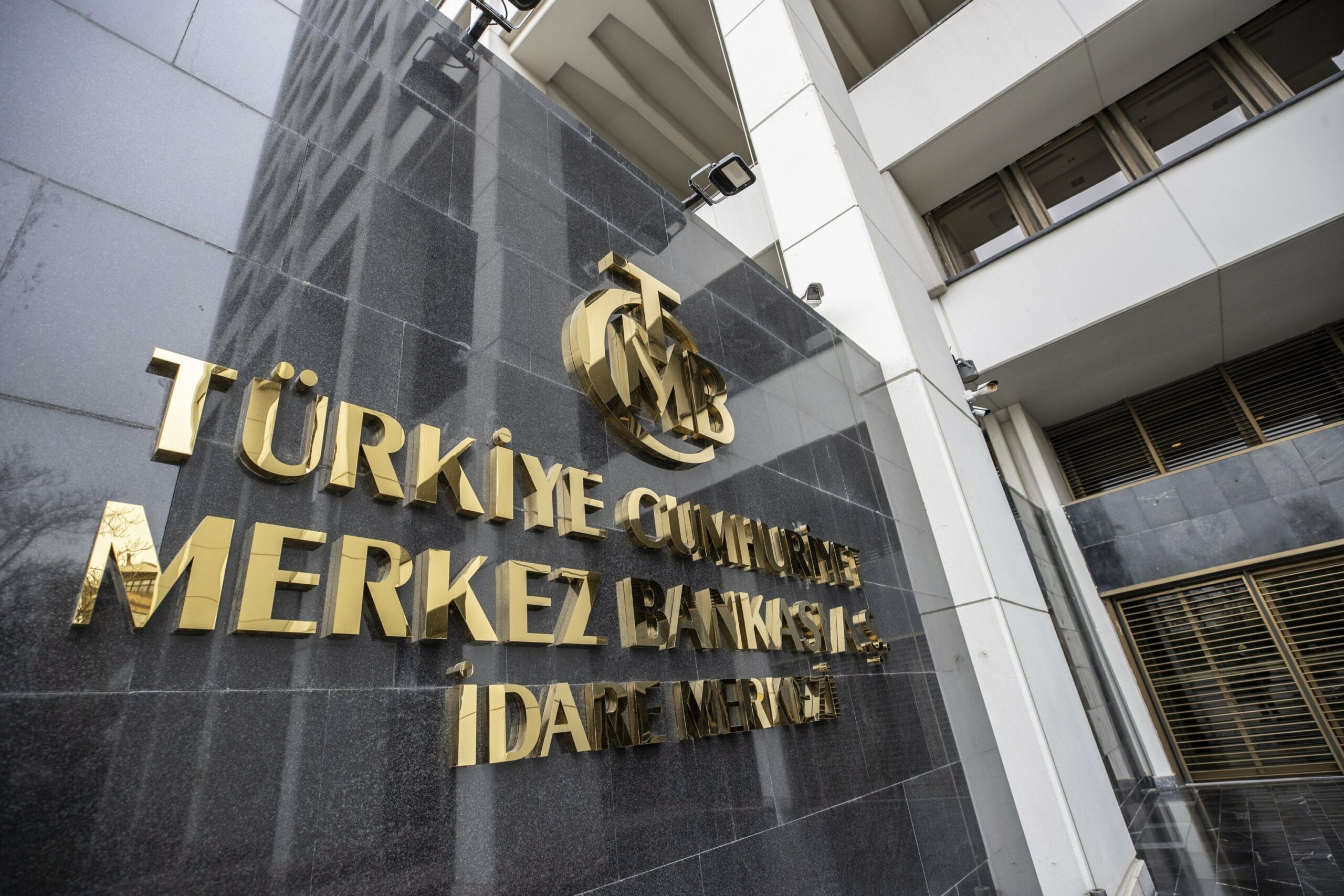Commercial banks in Turkey, the ones we turn to when we need to open a bank account or take out a loan, borrow money directly from the central bank to meet their most immediate financial needs.
The central bank lends money to commercial banks in Turkey, and commercial banks lend money to households and businesses to support growth.
When a commercial bank repays its debt to the central bank, it has to pay an interest rate. The central bank therefore has the power to set its own interest rates, which in turn determines the price of money.
If the central bank in Turkey imposes higher rates on commercial banks, the latter in turn increase the rates they offer to households and businesses that need to borrow to invest.
As a result, home loans, consumer loans, credit cards are more expensive and households are becoming more reluctant to approach financing organizations. Companies, which need banks in Turkey for their future investments, are beginning to think twice before acting. Hence the slowdown in the economy.
The tightening of financial conditions inevitably leads to a drop in consumption in the majority of economic sectors. When the demand for goods and services decreases, their prices tend to fall.
This is exactly what central banks in Turkey intend to do: cut spending to curb inflation.
But the Turkish central bank, which is also officially independent of the executive power, follows a completely different model to fight against inflation.
Erdogan’s new business model
To stem this decline, the Turkish president embarked in 2018 on what he called a “new economic model”.
It’s about putting aside rising inflation and lowering interest rates to stimulate economic growth.
“We are going to cut interest rates and we are already cutting them. Know that inflation will also go down, it will even go down more”, this sentence pronounced by the Turkish president last January, illustrates well his economic theory that he has been repeating for several years: interest is the cause, and inflation the consequence.
In Turkey, growth was mainly linked to massive investments heavily dependent on major constructions: Istanbul airport, the third Bosphorus bridge, the Canakkale bridge…, all these major projects that cost billions of dollars were financed by banks in Turkey.
At the same time, like many countries, Turkish growth is also supported by household consumption.
This monetary policy, defended by Mr. Erdogan, aims to stimulate growth, increase the competitiveness of export products and facilitate household access to credit.
Since 2018, the Turkish Central Bank has increased its key rates to curb the depreciation of the Turkish lira. But each decision in favor of a raise ended in the dismissal of the president of the bank.
Three central bank bosses have been fired by President Erdogan since 2018.








Comments are closed